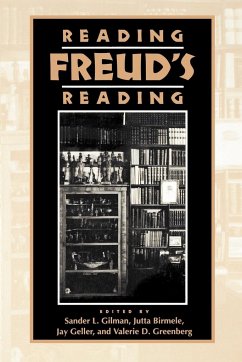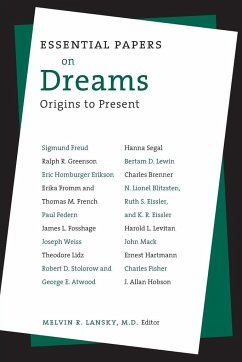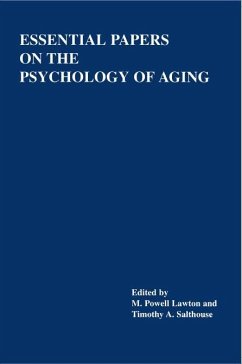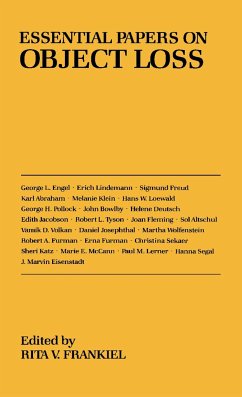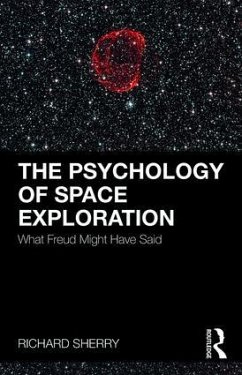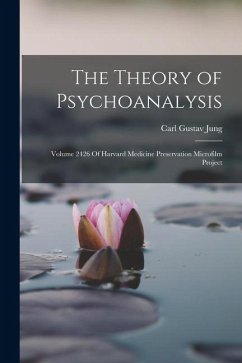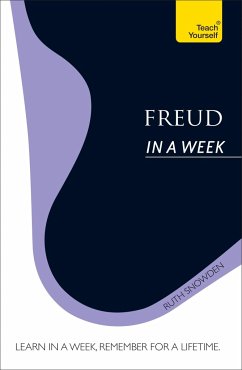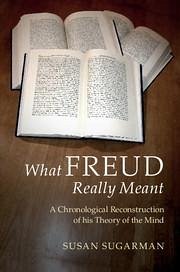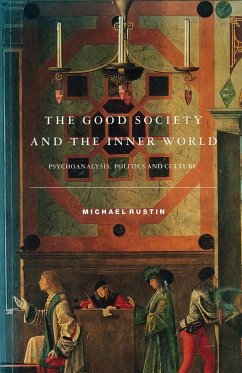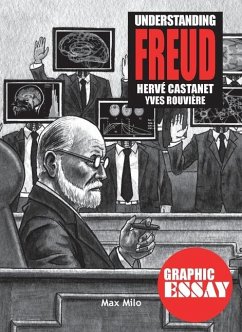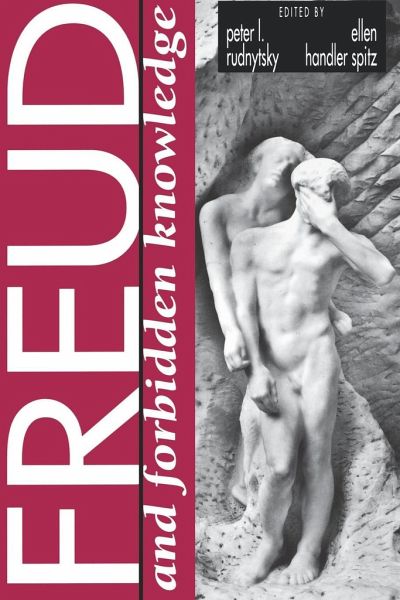
Freud and Forbidden Knowledge
Versandkostenfrei!
Versandfertig in über 4 Wochen
34,99 €
inkl. MwSt.

PAYBACK Punkte
17 °P sammeln!
The psychoanalyst dares to explore the most intimate recesses of the human soul, to throw open long-barred doors, and to confront the forbidden knowledge beneath the surface. In Freud and Forbidden Knowledge, nine exceptional essays use psychoanalysis to uncover the theme of forbidden knowledge in canonical works of the Western tradition, from the Bible to Hamlet. Psychoanalysis is a discipline that seeks to understand and alleviate human suffering. Its practice is therefore an inherently dangerous activity. The psychoanalyst dares to explore the most intimate recesses of the human soul, to th...
The psychoanalyst dares to explore the most intimate recesses of the human soul, to throw open long-barred doors, and to confront the forbidden knowledge beneath the surface. In Freud and Forbidden Knowledge, nine exceptional essays use psychoanalysis to uncover the theme of forbidden knowledge in canonical works of the Western tradition, from the Bible to Hamlet. Psychoanalysis is a discipline that seeks to understand and alleviate human suffering. Its practice is therefore an inherently dangerous activity. The psychoanalyst dares to explore the most intimate recesses of the human soul, to throw open long-barred doors, and to confront the monsters that may lie in wait. In facilitating the patient's process of self- discovery, psychoanalysis concerns forbidden knowledge. Following Freud's lead, Rudnytsky and Spit approach works of art as constituting psychoanalytic knowledge. Divining that in literature we find the deposits of forbidden knowledge, this collection of nine exceptional essays pursues the theme of forbidden knowledge in canonical works of the Western tradition, from the Hebrew Bible to Boccaccio's The Decameron to Shakespeare's Hamlet. These papers pointedly address the canonical status of these works, positing that the canon must be re-visioned in order to recover the history of transgression. Freud and Forbidden Knowledge offers a series of wide-ranging meditations on the tragic dimensions of human experience; cumulatively, they invite reflection on the significance of forbidden knowledge to Freud.




